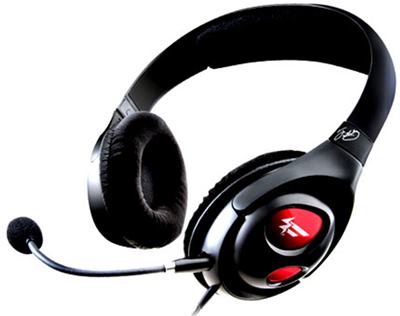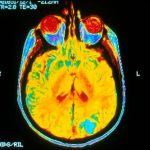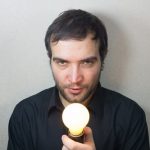Hypnosis in the digital age
As of next month, I will be hosting a monthly online meeting of all hypnotherapist members in the New Zealand Association of professional hypnotherapists. We will be discussing cases, problems, and upcoming events. The online meeting can also be used for one-to-one or group sessions as professional supervision.
I will be using a software called Zoom. This is completely free and allows me to run a meeting with any number of people. The software works on all types of computers and even on cell phones and telephones. It is a great example of what technology can do. It also got me thinking about how else I can use technology in my hypnosis practice.
Standard technology assisted hypnosis
Most therapists will be familiar with Skype. I have used Skype for many years and I have hypnotised a client in the Middle East over the Internet. I treated him for sexual problems. Online was the only way to do it, because there is absolutely no such service in the Middle East.
However, there are many other technologies that I could be using. Compared with other types of businesses, hypnotherapy uses very little in the way of digital technology. Of course, everyone uses computers, and the Internet, and email. I have an online booking system which interfaces to my email system. This makes booking and reminders very easy. I also use a service to handle orders and downloads of the scripts I sell.
But in my office, dealing directly with clients face-to-face, there really is very little difference between me and what was happening in a hypnotherapist's office 100 years ago. In fact, a hypnotist from that time would most likely have more technology than I use. A client at that time would expect to see a rotating spiral machine, a lantern with multicoloured lights, and an assortment of pendulums.
Useful and not so useful technology
There are some biofeedback machines that are used in hypnosis. There are facemasks that emit pinpoints of different coloured light that our said to induce hypnosis. Some hypnotherapists use brain wave scanners to monitor what is going on in the client's brain. Personally, I'm not convinced that these are particularly useful. However, the people who use them seem to like them.
One thing my Victorian counterpart would not have had is digital music. Many therapists play background music in their office. I suppose that counts as technology.
The most useful new technology may well be a computer tablet, like the iPad. Tablets can display, record, and communicate.
The tablets can be used to show video clips to the client if you need to make a point or allay any fears pre-talk.
Display The tablet screens are big enough to be able to read without effort. The tablet is light enough to hold while you are doing a hypnosis session. This means that you can call up any script on the screen. You can have hundreds of scripts and metaphors at your finger tips in full color. And you don't have the problem of the noise of rustling paper, or the danger of actually dropping all the sheets.
Recording You can also use the tablet to record the whole session in audio so that you can go over the details again later. Many hypnotherapists give the client a copy to take away and listen to again.
Communicate You can also make appointments right there and then, using the calendar function; make reminders to yourself during the session; and connect to payments systems.
The latest technology assisted hypnosis
I have been experimenting with the newest technology: Voice Recognition. I recalled the whole session on the Recorder function on my cell phone. (I used to use a specialist dictation machine, but that is no longer necessary). Then, when I start the actual hypnosis part of the session, I put on my headset. This has a built-in microphone and earphones. It is a noise reducing, wireless gaming headset.
It interfaces directly to Word on my computer. And as I speak the NaturallySpeaking software converts my speech into typed words. The recognition and accuracy is better than 98%. I have had to learn to speak more clearly, and to speak a bit more loudly, but having done that it is just like typing my sessions straight into the computer. I still have to edit it and tidy it up, but that is a very minor thing compared with the problems I used to have in transcribing my sessions.
I believe that we are just at the beginning of voice recognition software development. I think that as time goes on the software will get better and more powerful. I also firmly believe that this technology is a game changer. It will not be too long before everyone can speak into their cell phone and have there words transcribed into text. And then, have that text transcribed into any language they want to.
The next step then is to have the computer turn the text back into speech. In any language you want.
The possibilities are fascinating.
He is highly regarded in the hypnotherapy community. He is Vice President of the New Zealand Association of Professional Hypnotherapists (NZAPH).
He is regularly consulted for advice by other hypnotherapists around the world. He is known for the quality of his published scripts. He presents at international conferences and has published on hypnosis and advanced hypnotherapy.
He lives in Wellington New Zealand with his wife Trish and a cat called Parsnip.
email: davemason@besthypnosisscripts.com
- AfterwardsnessNachträglichkeit Deferred action - 2019-04-30
- Low Fat Diet Mental Health - 2019-04-12
- Paranormal beliefs in hypnotherapy - 2019-04-09






